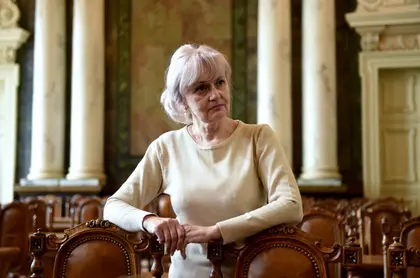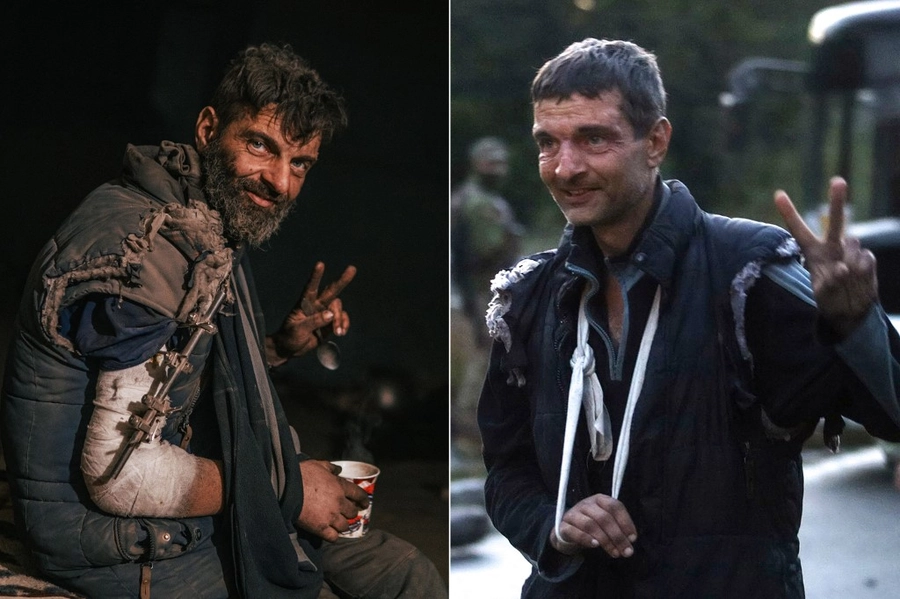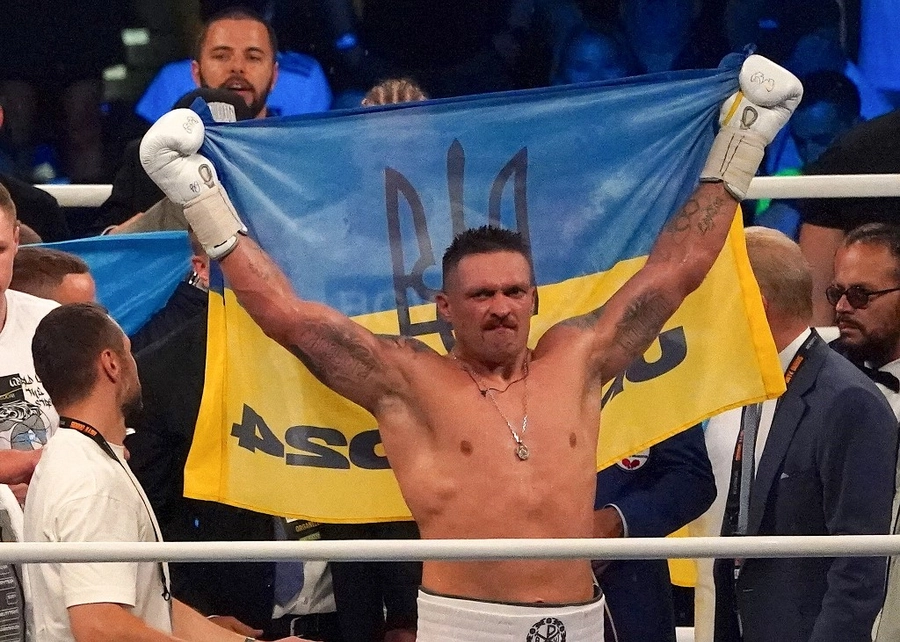Iryna Farion, a linguist and far-right former politician from western Ukraine, recently criticized soldiers in the Ukrainian military for communicating in Russian, saying she does not consider soldiers from the Azov brigade to be Ukrainians because they speak Russian.
“Do you guys know what discipline is in the army? If there is no discipline in the army, then there is no army, then it's a mess,” said Farion in an interview with journalist Yanina Sokolova referencing soldiers talking in Russian instead of Ukrainian.
JOIN US ON TELEGRAM
Follow our coverage of the war on the @Kyivpost_official.
When prompted about her views on the Azov soldiers, the scanadalous public figure associated with the nationalist Svoboda party, said she would not call them Ukrainians if they did not speak Ukrainian.
“If they don't speak Ukrainian, then let them call themselves Russians. Why are they so crazy? If they are such great patriots, show your patriotism,” she said.
The Azov Assault Brigade, a fighting unit founded in Mariupol in 2014, was responsible for defending the city in eastern Ukraine at the onset of Russia’s full-scale invasion.
They received widespread international media coverage as they were besieged in the Azovstal steel plant for months in a last stand against Moscow’s troops.
Azov Ukrainian serviceman Mykhailo Dianov in the Azovstal iron and steel works and after his release as part of a prisoner swap. Photo: Handout / Azov Special Forces Regiment of the Ukrainian National Guard Press Office / SECURITY SERVICE OF UKRAINE / AFP

Ukrainian Drones Slam Massive Lukoil Refinery Deep in Russia – Again
The brigade is known for its strongly pro-Ukrainian stance and is highly regarded by Ukrainians, with Russian propaganda often calling the brigade “Nazis” in its bid to discredit Ukraine.
Farion’s comments sparked outrage from many different quarters, including Ukraine’s military.
Ukrainian world boxing champion Oleksandr Usyk, a Russian-speaker from Crimea who proudly flaunts his Ukrainian identity on the international arena, was prompted to post a poem in Russian that mocked Farion as being “an agent of the Kremlin.”
Ukraine’s reigning world heavyweight champion Oleksandr Usyk celebrates winning his fight on Aug. 26, 2023.
He reminded her of her dubious past as a member of the Communist Party until the very end of the Soviet era questioning her motives and role.
Maksym Zhorin, the former commander of the Azov regiment, posted a heated response liberally scattered with profanities, which also called Farion out as a Russian agent trying to divide Ukrainian society.
Ukrainian politician Yehor Chernev called for Ukraine’s Security Service (SBU) to initiate an investigation into Farion suggesting her actions were potentially subversive.
“In my opinion, this person has been working purposefully and systematically for a long time to divide society and incite enmity between Ukrainians. Such activity is especially suspicious for me in the context of Iryna Farion's Soviet past,” he wrote.
Farion joined the communist party during the times when Ukraine was a Soviet republic, but she said she did so only to further her career growth and to “destroy them from the inside.”
This is not the first time Farion has sparked outrage with her comments regarding the use of the Ukrainian language.
In 2017, she said in a television interview that those who do not speak Ukrainian should not receive jobs and education.
Ukraine’s constitution states Ukrainian is the official language, but Russian remains prevalent in the east and south due to both the country’s Tsarist and Soviet past and the enforced policy of Russification.
The language issue has generated much debate within the population, with many considering Russian as “the oppressor’s language” since the invasion and trying to shift away from it.
Russia has been promoting the narrative that Ukraine is trying to suppress the Russian-speaking population in the country and has used it as part of its pretext to invade Ukraine.
The Farion case is the latest reminder in recent weeks of the residual sensitivity of the language question and how it lends itself to political exploitation.
You can also highlight the text and press Ctrl + Enter












